Is warehouse or factory leasing eligible for VAT reduction in Vietnam?
Is warehouse or factory leasing eligible for VAT reduction in Vietnam?
Based on Article 1 of Decree 72/2024/ND-CP on policies for reducing value-added tax, as follows:
Value-Added Tax Reduction
1. Reduce value-added tax on groups of goods and services currently applying the 10% tax rate, except for the following groups of goods and services:
a) Telecommunications, financial activities, banking, securities, insurance, real estate business, metals and products from pre-manufactured metals, mining products (excluding coal mining), coke, refined petroleum, chemical products. Details can be found in Appendix I issued with this Decree.
b) Goods and services subject to special consumption tax. Details can be found in Appendix II issued with this Decree.
c) Information technology according to information technology laws. Details can be found in Appendix III issued with this Decree.
d) The reduction of value-added tax for each type of goods or services specified in Clause 1 of this Article shall be applied uniformly at all stages of import, production, processing, and commercial business. For mined coal sold (including cases where the mined coal undergoes screening, classification by closed process before being sold) that is subject to value-added tax reduction. Coal listed in Appendix I issued with this Decree, at stages other than mined sale, is not eligible for value-added tax reduction.
Large corporations and economic groups implementing closed processes before selling mined coal are also subject to value-added tax reduction for mined coal sold.
In cases where goods or services listed in Appendices I, II, and III issued with this Decree are subject to non-value-added tax or a 5% value-added tax according to the Value-Added Tax Law, the provisions of the Value-Added Tax Law shall apply and no value-added tax reduction will be given.
2. Value-Added Tax Reduction Rate
a) Business establishments calculating value-added tax by the credit method are subject to an 8% value-added tax rate for goods and services specified in Clause 1 of this Article.
b) Business establishments (including business households and business individuals) calculating value-added tax by the percentage method on revenue shall reduce 20% of the percentage rate to calculate value-added tax when issuing invoices for goods and services that are granted a value-added tax reduction as specified in Clause 1 of this Article.
...
Therefore, according to Appendix I issued with Decree 72/2024/ND-CP, code 6810410 for Rental of residential houses and non-residential land does not receive a tax reduction. Hence, leasing activities of warehouses and factories are not eligible for the tax reduction.
Thus, the applicable tax rate in this case remains 10%.
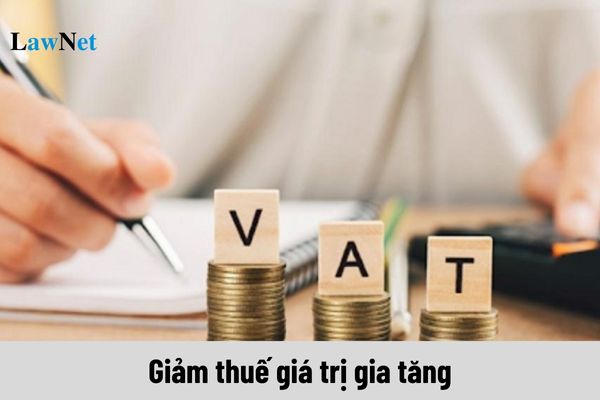
Is warehouse or factory leasing eligible for VAT reduction in Vietnam? (Image from the Internet)
Are VAT invoices required for input VAT reduction in Vietnam?
Based on Clause 10, Article 1 of Circular 26/2015/TT-BTC (amended by Article 1 of Circular 173/2016/TT-BTC) regulated as follows:
Conditions for Deducting Input Value-Added Tax
1. Possess legal value-added tax invoices for purchased goods and services or tax payment receipts at the import stage or value-added tax payment documents on behalf of foreign parties according to the guidance of the Ministry of Finance applied to foreign organizations without legal person status in Vietnam and foreign individuals engaging in business or having income generated in Vietnam.
2. Possess non-cash payment documents for purchased goods and services (including imported goods) worth twenty million VND or more, except in cases where the value of each importation is under twenty million VND, or each purchase is under twenty million VND in value-added tax-included prices, and in cases where businesses import goods as gifts or donations from organizations, individuals abroad.
Non-cash payment documents include bank payment documents and other non-cash payment documents guided in Clauses 3 and 4 of this Article.
3. Bank payment documents are understood to be documents proving the transfer of money from the buyer’s account to the seller’s account opened at payment service organizations in accordance with current legal regulations such as checks, payment orders, collection orders, credits, telephone sim cards (e-wallets), and other forms of payment as regulated (including cases where the buyer pays from the buyer’s account to the seller’s account in the name of individual proprietorships or the buyer pays from the buyer’s account in the name of individual proprietorships to the seller’s account).
Thus, according to the regulations, it is not mandatory to have an invoice for deduction, instead, one can use tax payment receipts at the import stage or tax payment receipts on behalf of foreign parties according to the guidance of the Ministry of Finance applied to foreign organizations without legal person status in Vietnam and foreign individuals engaging in business or having income generated in Vietnam.
Additionally, meeting other conditions for payment documents as prescribed in Clauses 2 and 3 as stated above to carry out VAT deduction.
Is the compensation for land expropriation taxable in Vietnam?
Based on Clause 1, Article 5 of Circular 219/2013/TT-BTC regulated as follows:
Cases Not Subject to VAT Declaration and Payment
1. Organizations and individuals receiving compensation payments (including compensation for land and assets on land when land is expropriated according to decisions of competent state agencies), bonuses, supports, emission rights transfer, and other financial revenues.
Business establishments receiving compensation payments, bonuses, supports, emission rights transfer, and other financial revenues shall issue receipts as prescribed. For business establishments paying money, based on the purpose of payment, issue payment documents.
In cases of compensation with goods and services, the compensating establishment must issue invoices and declare, calculate, and pay VAT as in the case of selling goods and services; the compensated establishment declares and deducts VAT as prescribed.
In cases where business establishments receive money from organizations or individuals to perform services for organizations or individuals such as repairs, warranties, promotions, advertising, they must declare and pay taxes as prescribed.
…
Thus, organizations and individuals receiving compensation payments (including compensation for land and assets on land when land is expropriated according to decisions of competent state agencies), bonuses, supports, emission rights transfer, and other financial revenues are not required to declare and pay VAT.

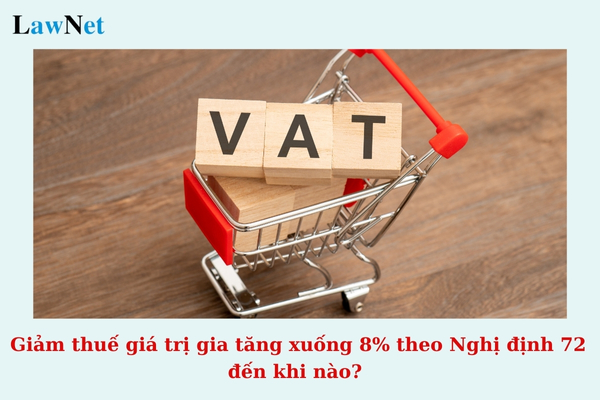
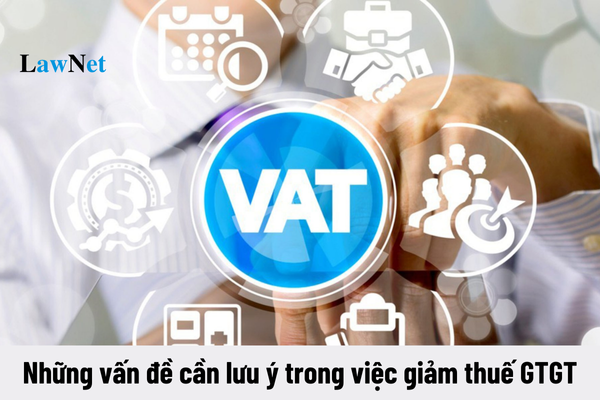
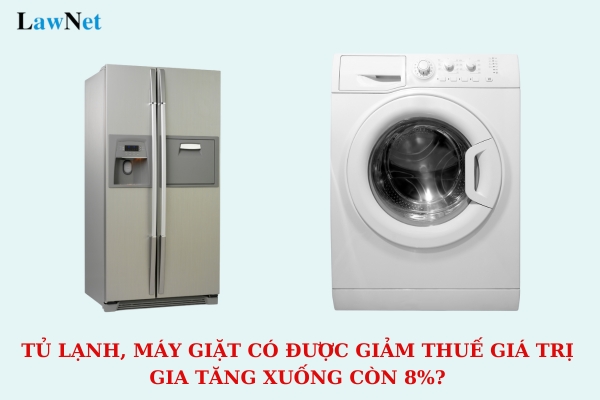
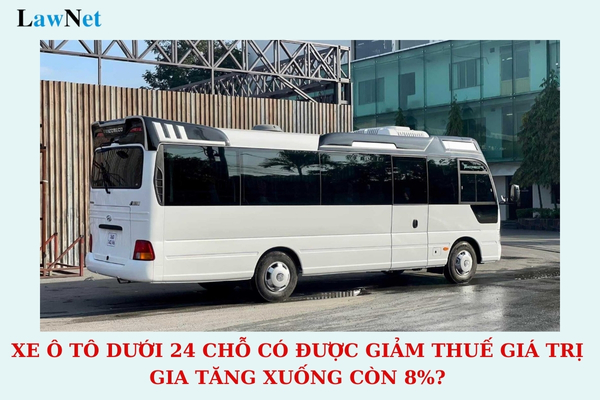
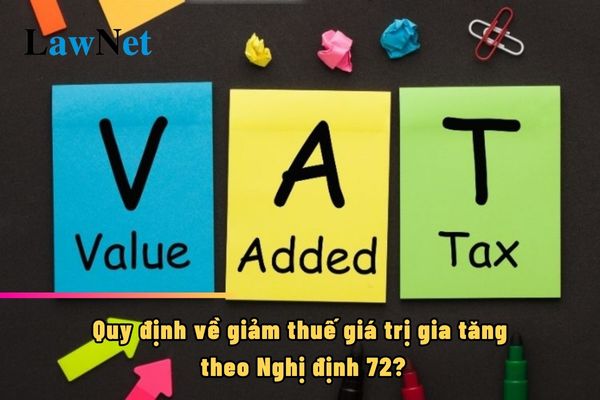
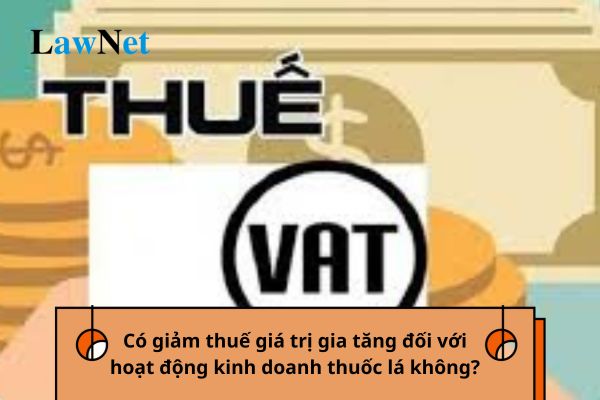


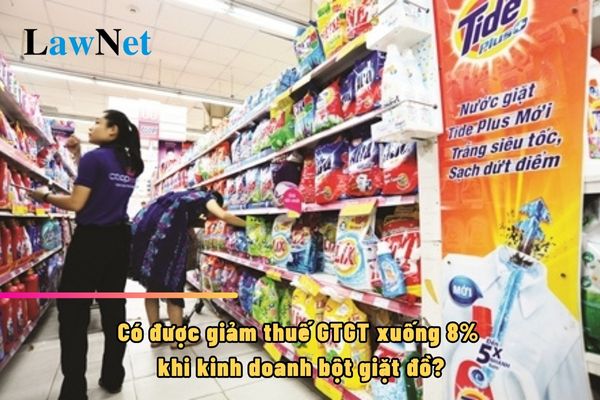
- What is the currency unit used in tax accounting in Vietnam?
- Which enterprise groups will the General Department of Taxation of Vietnam focus on inspecting and auditing in 2025?
- What are guidelines on online submission of unemployment benefits application in Vietnam in 2025? Are unemployment benefits subject to personal income tax?
- How long can the tax audit period on taxpayers’ premises in Vietnam be extended for complex matters?
- From January 1, 2025, which entities are exempted from ferry service fees from the state budget in Vietnam?
- How to determine VAT applicable to ships sold to foreign organizations in Vietnam?
- What is the maximum penalty for late submission of tax declaration dossiers in Vietnam?
- What is the duty-free allowance on gifts given for humanitarian in Vietnam?
- Are votive papers subject to excise tax up to 70% in Vietnam?
- Shall enterprises use invoices during suspension of operations in Vietnam?

